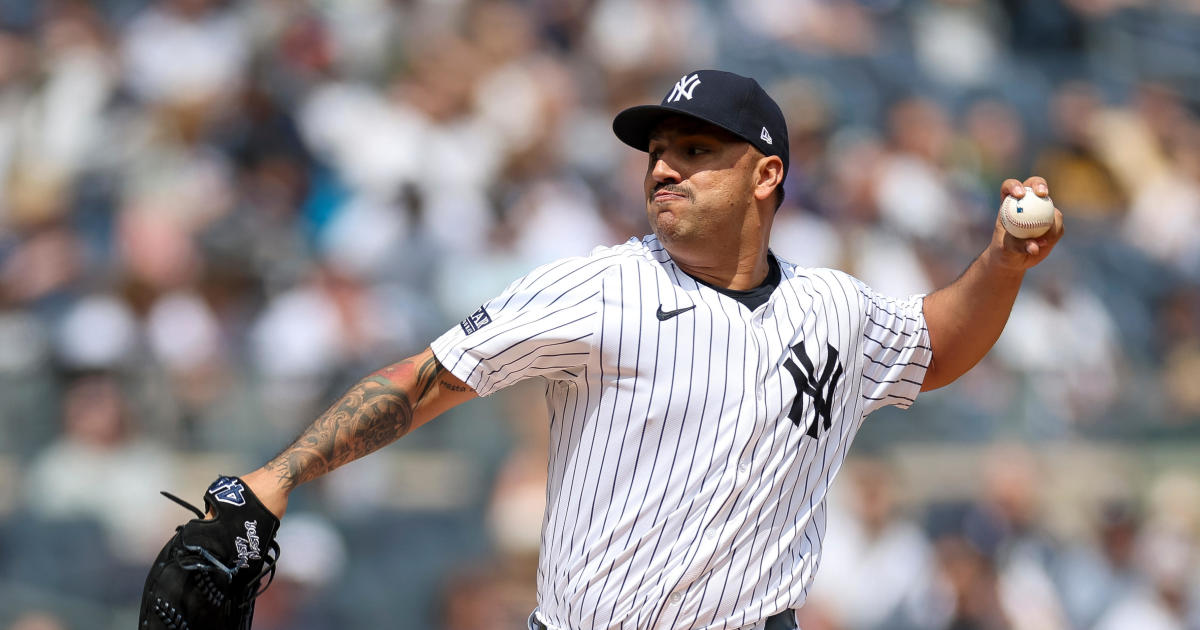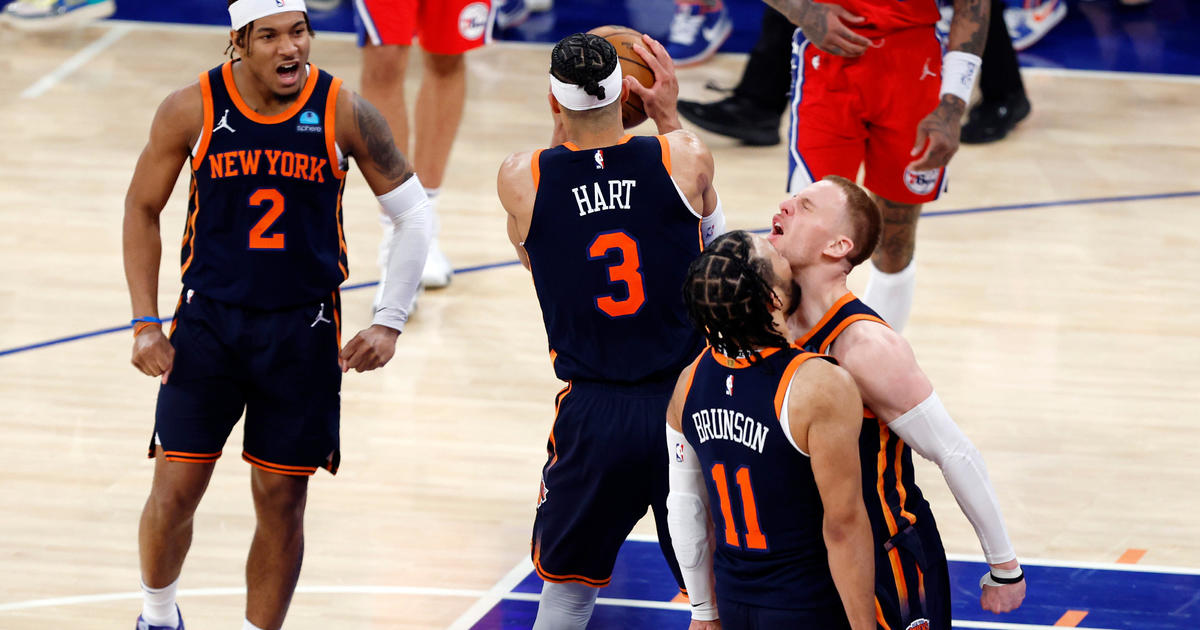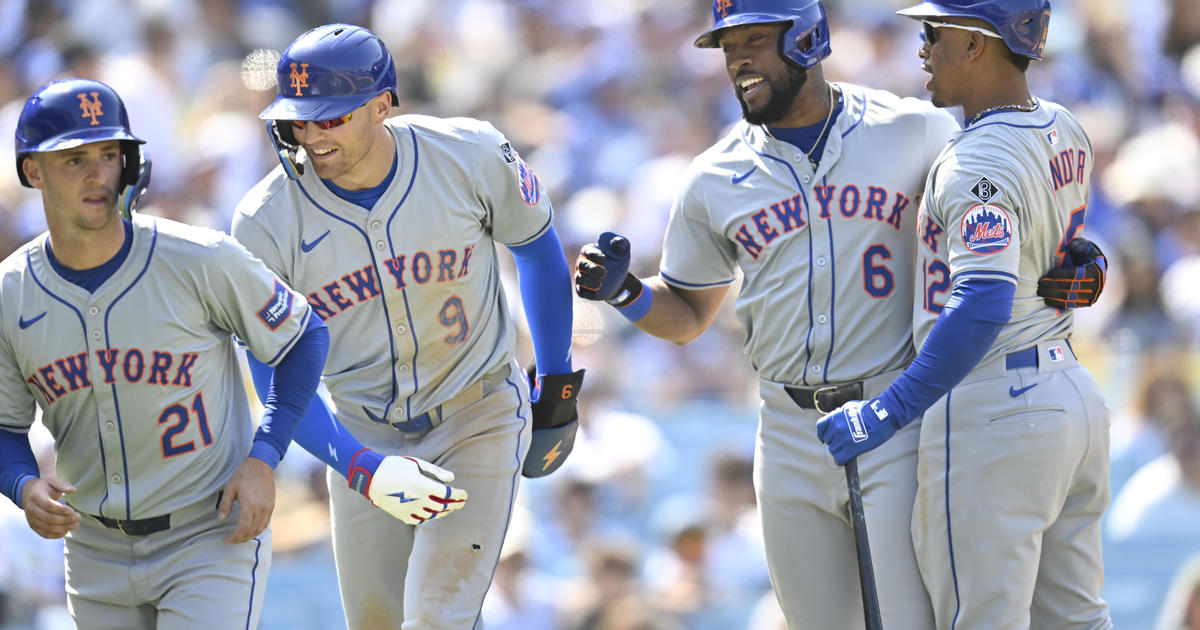Keidel: If Josh Hamilton Did Indeed Relapse He Needs Help, Not Your Judgments
By Jason Keidel
» More Columns
In honor of the great Leonard Nimoy, who died Friday, let's summon some Spock wisdom as it relates to the recent reports about Josh Hamilton.
"I am what I am," the iconic Star Trek character said. "And if there are self-made purgatories, then we all must live in them. Mine can be no worse than someone else's."
Beyond the brilliant dialogue, the Vulcan raises the question of conduct versus programming. Are we doomed to act a certain way all our lives, or do we choose our lot in life?
Once the walls, the winks, and other implicit deals dissolved between media and star athletes, and the tabloid fascination with celebrities trumped privacy, we've had a public pinata filled with our favorite ballplayers.
We can't believe this player cheated on his wife, that player hit his wife, that yet another player drove drunk, into a telephone pole, wrecking his car, and his life. We even want to know if these men like women, as if that has any bearing on his ability.
We are a society that loves our perverse sidebars. It sells newspapers, magazines, and cable subscriptions. Gossip is a billion-dollar business. TMZ has perfected the craft, sending its camera-wielding vultures into every alley, where the demons congregate.
But there's a difference between our rabid voyeurism and pretending we grasp the human condition., especially our medical conditions and predispositions. For some reason we back off when we hear someone has ALS, leukemia, or just sleep apnea. But let someone go on a drug binge and we all become whitecoats, Ph.D candidates, and an army of Dr. Drews.
What else can explain the phalanx of faux doctors who throw down on Josh Hamilton? The wildly talented and similarly tormented outfielder allegedly just relapsed on alcohol and cocaine.
If true, it's the latest entry into a conflicted bio, one that saw Hamilton as the best prospect in baseball before he vanished on a three-year drug binge only to somehow summoned the courage and focus to get clean while still having the skill and will to become one of the three-best players on the planet. Now some wonder if he's about to disappear again into a mushroom cloud of drugs.
With all due respect to major media figures, and most sports pundits who swerve outside the lanes of their expertise, they really don't know much about addiction. And that's obviously a good thing. There's no point in becoming a drunk or junkie if you don't have to. It's a thorny world from which few return, and even fewer flower.
Without boring you with gory, graphic details, my family tree was watered by booze. Three of my four grandparents were alcoholics, and my mother has been sober for 10 years. So suffice to say I've seen what a bottle of opaque poison can do to someone's soul.
New York City became intimate with the notion of addiction in the 1980s, when our most holy athletic trinity of Lawrence Taylor, Doc Gooden, and Darryl Strawberry fell under the weight of late nights and dirty urine samples. Tommy Lasorda made a fool of himself when he tried to diagnose Strawberry. Too many pop psychologists think they have a handle on addiction when they can barely spell it.
Some media types have asserted that Hamilton was a willing participant in his decay, and they are right. No one makes you pick up the bottle, pill, or pipe. It starts with a decision to indulge.
But what most outsiders fail to grasp is that humans metabolize booze and drugs differently. Some folks can take one drink then drop it for a week. Some can smoke a joint and leave it alone for a year. Others become animals the moment that first foreign substance enters their eager veins. It's a matter of science, not speculation.
We can muse for hours about the influences of nature and nurture. It will always be beyond our pay grades. But we do know that the American Medical Association officially brands addiction a disease. So it's fatuous for laymen to suggest they know better than the AMA. You can call Hamilton weak, but he is sick, and that's not subject to interpretation. And if he indeed relapsed, then he needs treatment, not judgment.
We often confuse illness with weakness. If Hamilton is weak because he can't keep his hands off a beer bottle, if we feel no sympathy when he winds up in some forlorn fetal refrain, trembling in the bowels of a some gated rehab, then what are we to think of the obese man who dies of a coronary? Or the smoker who dies of cancer? Or the gambler who loses his house? Or the workaholic who can't maintain a friendship or romance?
There's something to be said about glass houses. We acknowledge that we're all flawed, in the abstract, because it sounds good, self-effacing, and not self-indulgent. Yet we pounce on someone the moment he or she flashes any frailty. We assume Hamilton, or anyone of Hamilton's social significance, should not have a problem because he has money, or fame, or both.
But why would we be the arbiters of such things? When a man shows up with a torn tendon we send him to an orthopedist. When he shows up with a tumor we send him to an oncologist. When he's schizophrenic we send him to a psychiatrist. But the moment his problem is alcohol or narcotics, we tell him to pull up a chair and listen to our ad hoc sermons.
You don't have to feel sorry for Josh Hamilton. Just stop pretending you have him figured, know what he's feeling, or how to fix him. It's beyond your pay grade, your experience, and your wisdom.
Follow Jason on Twitter at @JasonKeidel



